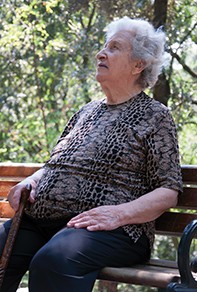Peer Reviewed
Feature Article Cardiovascular medicine
Managing resistant congestive cardiac failure in the elderly
Abstract
Congestive cardiac failure (CCF) in the elderly is a common management problem encountered by general practitioners and physicians. Elderly patients are at increased risk of developing resistant CCF, which can cause considerable management dilemmas in both the hospital and the community. This article discusses the management of resistant CCF in the elderly, highlighting the importance of identifying the precipitating and driving factors of decompensated CCF, and proposing strategies essential for achieving the main goal of optimising patient quality of life.
Key Points
- Elderly patients are at an increased risk of developing resistant congestive cardiac failure (CCF) and often pose considerable management dilemmas in both the hospital and the community.
- Age-related changes in physiology, as well as pharmacokinetic and pharmacodynamic changes in the elderly, pose additional challenges with drug therapy.
- Identification and management of precipitating factors for decompensated CCF, as well as optimisation of nonpharmacological and pharmacological management strategies, remain the focus of care in elderly patients with resistant CCF.
- Multidisciplinary holistic care is essential for achieving the main goal of optimising quality of life.
Picture credit: © iStockphoto/bbbrrn. Model used for illustrative purposes only.
Purchase the PDF version of this article
Already a subscriber? Login here.

